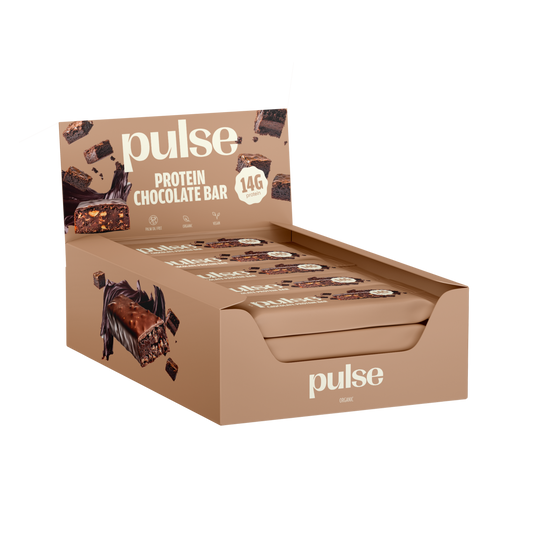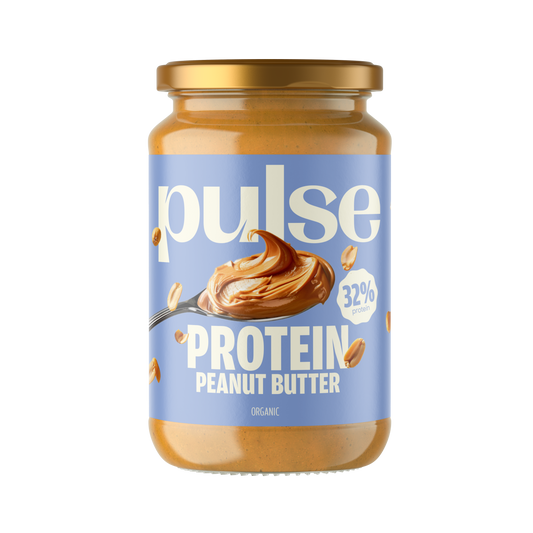
Understanding protein needs: A personalized approach
Understanding protein needs: A personalized approach
Protein needs vary from person to person, influenced by factors such as age, gender, physical activity level, and personal goals. Understanding these needs is essential for maintaining good health and optimizing physical performance.
Why are proteins important?
Proteins play a crucial role in the human body. They are the building blocks of muscles, bones, skin, and enzymes. They are also involved in cell repair and hormone production. Without sufficient protein intake, the body may not function at its full potential.
How to calculate your protein needs?
Protein requirements are generally expressed in grams per kilogram of body weight per day (g/kg/day). Recommendations vary based on activity and lifestyle:
- Sedentary: 0.8 g/kg/day
- Active: 1.2 to 2.0 g/kg/day
- Endurance athlete: 1.2 to 1.4 g/kg/day
- Strength athlete: 1.6 to 2.0 g/kg/day
- Pregnant or nursing women: Needs increase by 10 to 20 g/day
Factors influencing protein needs
- Age: Protein needs increase with age due to muscle mass loss.
- Physical activity level: The more intense the activity, the more protein is needed for muscle repair and recovery.
- Personal goals: Weight loss, muscle gain, or health maintenance.
- Health conditions: Certain illnesses or injuries increase protein requirements.
How to meet your protein needs?
- Protein sources: Legumes (lentils, red beans, white beans, edamame, chickpeas), soy (tofu, tempeh), seitan, quinoa, nuts, hemp seeds, nutritional yeast, spirulina, etc.
- Enriched products: Protein bars, plant-based protein powders, protein-enriched spreads.
Risks of excess or deficiency
- Deficiency: Insufficient protein intake can lead to muscle loss, increased fatigue, and weakened immunity.
- Excess: Prolonged excessive intake can strain the kidneys and lead to health issues. Fortunately, plant-based protein sources are generally easier to digest and more environmentally friendly.
Conclusion
Determining your protein needs is a personal process influenced by various factors. A well-balanced plant-based diet can meet these needs in a healthy and sustainable way. Consult a healthcare professional or nutritionist for personalized guidance. By finding the right balance, you can improve your well-being and achieve your health goals.



